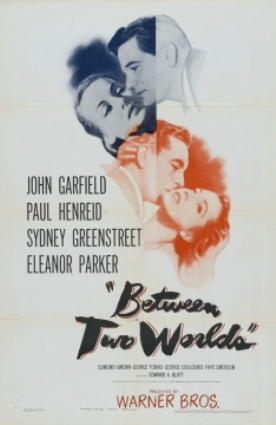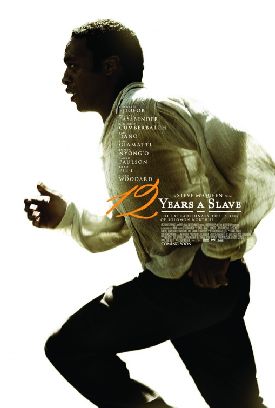Stepmom
The most important question to be asked about Stepmom, directed by
Chris Columbus, is why on earth Ed Harris was cast as the male lead, Lawyer
Luke, who was married to the gorgeous Susan Sarandon and is now about to marry
the gorgeous Julia Roberts. It makes no sense. There is no chemistry at all
between him and either of his leading ladies. It seems a grotesque misjudgment
to have him in the film at all. And yet there is a method to this madness. For
one thing, it purports to be and to some extent is a chick flick, and it was
important not to have the man in the middle distracting attention from the two
strong female characters. Mr Harris, hitherto pretty much confined to character
roles, posed no threat. More important, however, is the fact that his screen
persona goes well with flinty integrity and grit (see Apollo 13), even if
it is in a bad cause (see The Rock) — exactly the opposite qualities
from those suggested by the ludicrous self-justifications of lubricious
Luke.
For this film’s secret is that it is really, for all its strong female
presence, a masculine polygamous fantasy. Miss Sarandon’s character, the
discarded wife, Jackie, is presented to us as dying of cancer (death not shown
in movie). People like Luke, when they find their younger and sexier popsy like
Miss Roberts’s Isabel, fantasize about the old wife’s just conveniently dying,
but not before bestowing her blessing on the popsy as their new wife and the
mother to their children. And that is what happens here. The two women, at first
bitter enemies, finally fall into each other’s arms. The ecstatic dying Jackie
sums up the advantages of her death for her daughter: “She doesn’t have to
choose. . .She can have us both. I have their past; you have their future.” How
convenient!
But even this is not so nauseating as Luke’s pathetic attempts to explain
mommy and daddy’s divorce to the kids (Jena Malone and Liam Aiken). “When you
get older, he says, your relationships get a lot more complicated.”
“Did you fall out of love with mommy?” asks one kid.
“Yeah, I guess I did,” he says, though he adds that the two are “still really
good friends.”
“Can you fall out of love with your kids?” they ask.
“No,” he says. “That is impossible.”
“Like ‘Mission Impossible’?”
“Exactly like ‘Mission Impossible’,” says dad.
But he does not realize that the kid is scoring a sly point here. If it’s
“exactly like ‘Mission Impossible’,” then it is sure to happen, since on that TV
show the impossible was accomplished, like clockwork, every week.
Mommy too insists to seven year old Benjamin that “Daddy and I tried very
hard. Really we did.”
Benjamin replies: “No you didn’t. All you did was name-call.”
As the comment suggests, the kids are portrayed according to the Hollywood
theory that obviously spoiled brats mouthing off to their parents or acting
precociously like adults are cute, as when twelve-year-old Anna asks her mother:
“Why does Isabel scream during sex?” Don’t kids say the darndest things? In the
course of establishing a bond between Anna and her new mommy, Isabel, the film
has the latter advising her to retaliate against a cruel boyfriend — who
calls her Frosty the Snowbitch for refusing to kiss with her mouth open — by
calling him “limp dick” (among other things). She’s obviously learning her own
name-calling technique early in the day. Anna’s thawing towards her
stepmom-to-be comes as she realizes that Isabel is cool: “She knows every rock
‘n’ roll song ever written. She’s kind of like a kid herself.” That we can take
for granted. The shame is that the kids aren’t a little more like kids.
Discover more from James Bowman
Subscribe to get the latest posts to your email.







